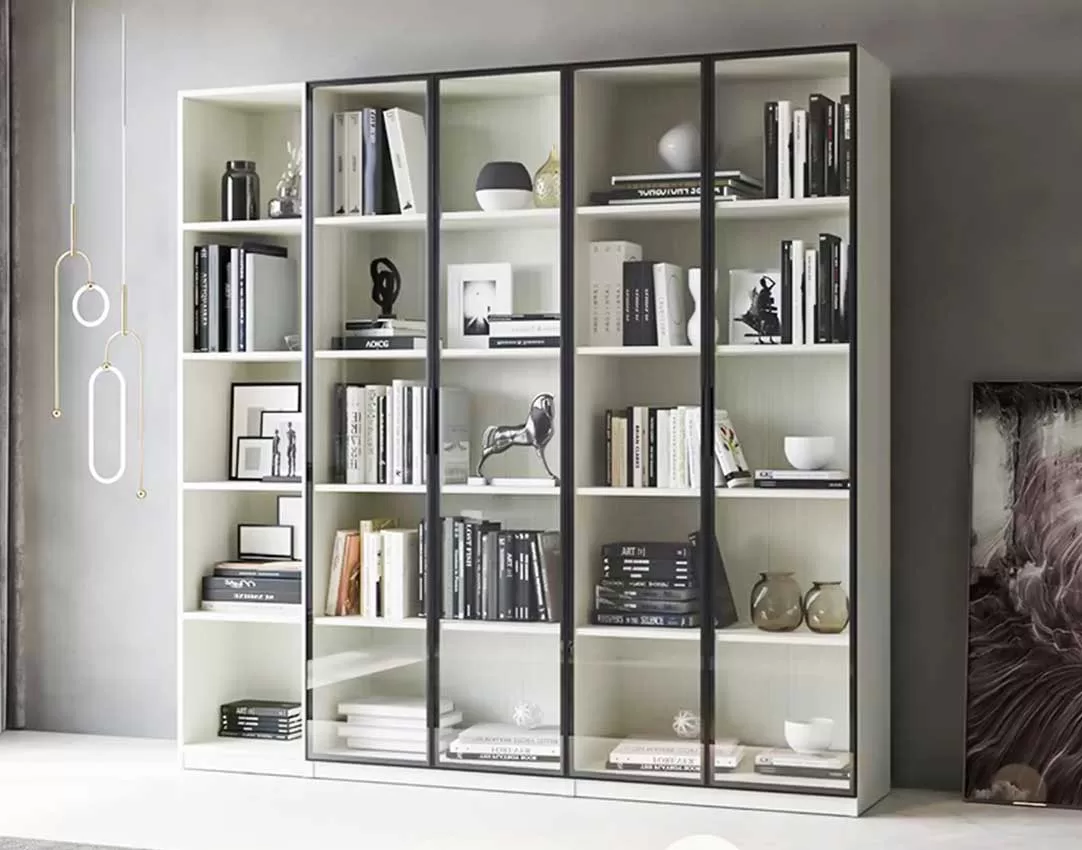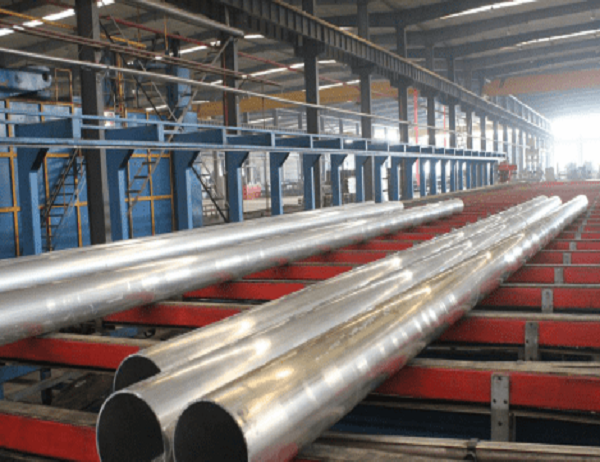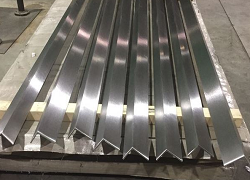Common Issues and Solutions with Solar Panel Aluminum Profiles
Solar panel aluminum profiles are essential components of modern solar installations. They provide structural support for the panels, ensuring their longevity and efficiency. However, like any other component, aluminum profiles can encounter various issues over time. This article explores prevalent problems with solar panel aluminum profiles and their practical solutions.
Corrosion, the degradation of metal due to chemical reactions, is a common issue in aluminum profiles, especially in humid environments. Corrosion can weaken the profiles, leading to structural problems or electrical hazards. To prevent corrosion, manufacturers apply protective coatings, such as anodizing or powder coating, on the profiles. Regular maintenance and cleaning to remove dirt and debris that trap moisture is also crucial.
Aluminum profiles can experience deformation, such as bending or warping, due to external forces like wind or snow loads. Deformation can compromise the structural integrity of the panels, reducing their efficiency and lifespan. To address this issue, profiles are designed with sufficient strength and rigidity. Manufacturers use high-quality aluminum alloys and optimize profile designs to withstand external forces. Proper installation techniques also play a vital role in preventing deformation.
Improper installation of solar panels can lead to various problems with aluminum profiles. Misalignment or loose connections can cause stress on the profiles, leading to deformation or premature failure. To ensure proper installation, installers must follow manufacturer guidelines, use compatible components, and adhere to industry best practices. Regular inspections and maintenance checks are necessary to verify the integrity of the installation and rectify any issues promptly.
Aluminum profiles play a crucial role in the electrical circuit of solar panels. Poor electrical connections or grounding can result in reduced power output, safety hazards, or even complete system failure. To avoid these issues, profiles must be designed with proper electrical conductivity and corrosion resistance. Manufacturers employ conductive coatings and optimize profile geometry to enhance electrical performance. Grounding the profiles per industry standards ensures a safe and reliable electrical system.
Common issues with solar panel aluminum profiles can be effectively addressed through a combination of proper design, manufacturing practices, and maintenance. By understanding the root causes of these problems and implementing practical solutions, installers and homeowners can ensure the longevity and optimal performance of their solar systems. Corrosion protection, proper installation techniques, and regular inspections play a pivotal role in mitigating issues and maintaining the integrity of solar panel aluminum profiles.



